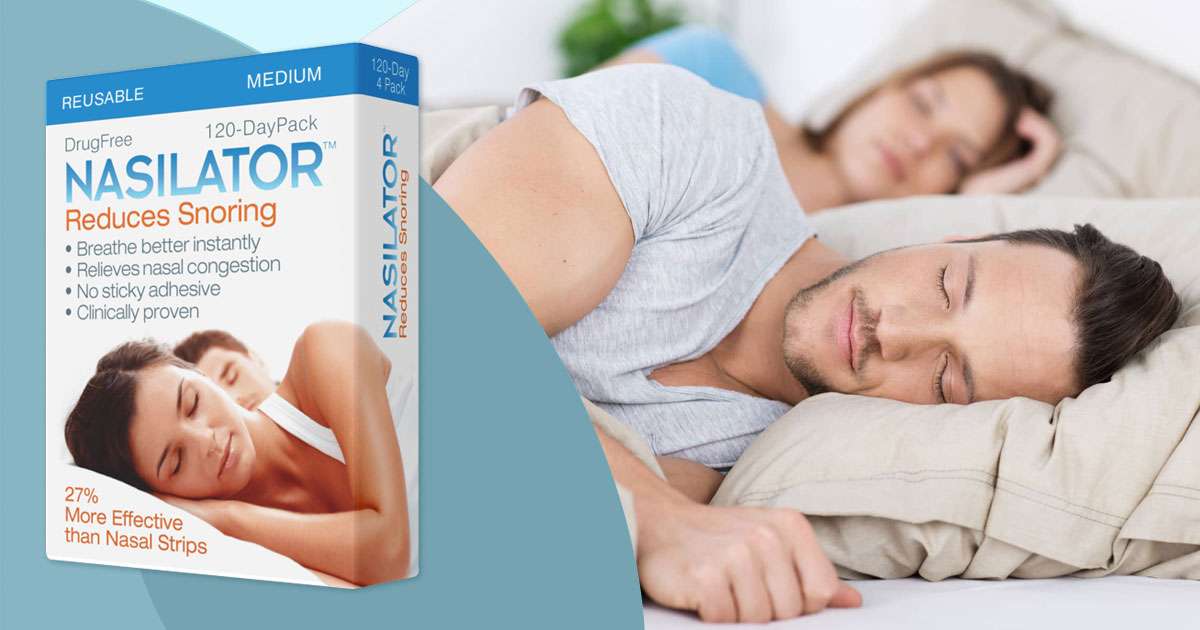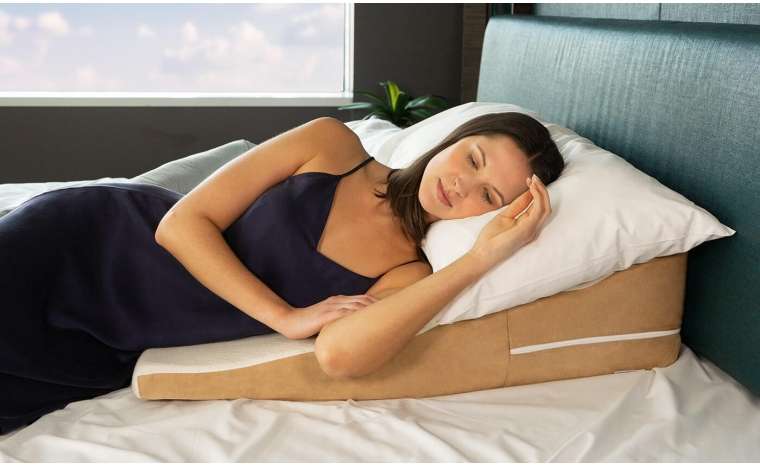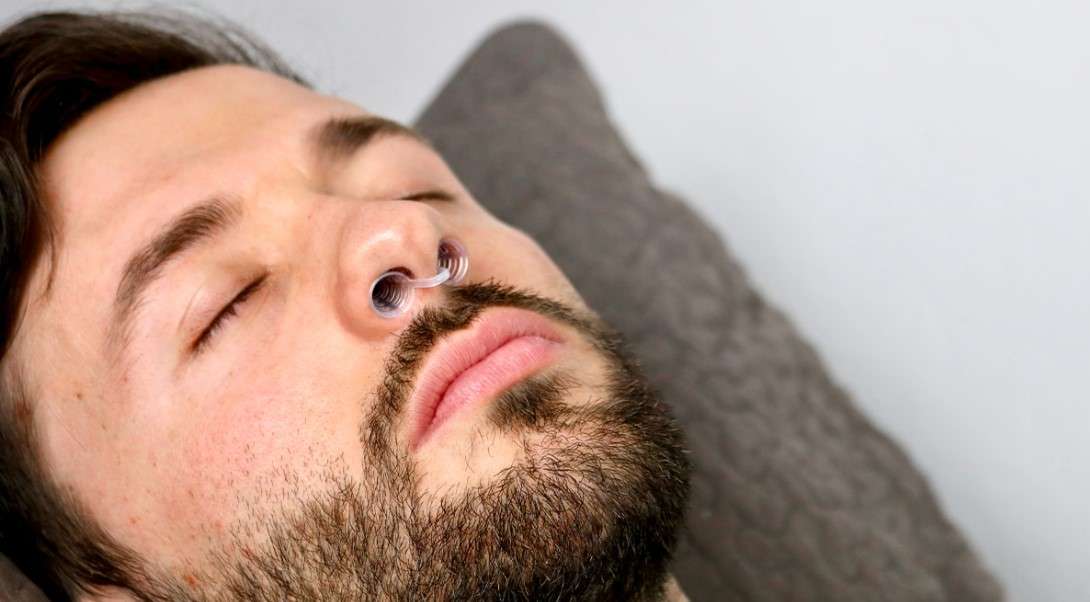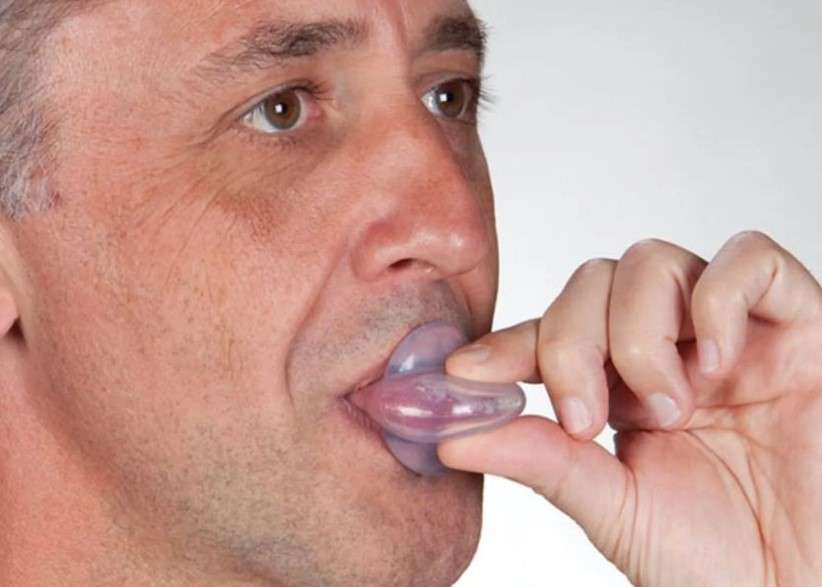Top 7 Devices to Stop Snoring

Snoring is disruptive, affecting both the snorer and their bedmate’s sleep. Lots of people try to lessen it by using things like special pillows, mouthpieces, and strips for the nose. Experts suggest trying anti-snoring devices, though effectiveness varies. Consulting a doctor before use is advised. Fortunately, doctors shared snoring causes and reduction methods while also recommending the best anti snoring device options.
What is snoring?
In simple words, snoring occurs when the soft parts of your throat shake while you’re asleep. When you lie down, your muscles relax, and gravity makes your airways narrow. As you breathe in, air passing through these narrowed airways creates the snoring sound.
Factors like congestion, obesity, age, alcohol, and smoking can worsen snoring. While it can indicate a serious condition like sleep apnea, sometimes snoring isn’t concerning. It’s crucial to discuss snoring with your doctor, especially if it affects your sleep.
The Best Devices for Snoring
There are different types of anti-snoring devices you can buy without a prescription, but it’s crucial to understand how each one helps. We gathered a few products they suggested, sorted into three groups: ones that help with your sleeping position, ones that help with your nose, and ones that help with your throat.
But keep in mind, there’s a catch with these devices—they might not work for everyone. Everyone’s body is unique, so what helps one person might not help someone else. The experts say it’s important to stay open-minded and be ready to try different things before finding what works for you. Make sure to ask your doctor before you use any of these tools to make sure they’re safe for you.
Pillows
One device that can stop snoring is a pillow. Using specially designed pillows can make side sleeping more comfortable by supporting your spine, head, neck, and shoulders. If you prefer sleeping on your back, a wedge pillow can elevate your head, reducing the pull on your airway tissues.
Side Cube
The Pillow Cube is a special pillow made for people who sleep on their side, and it earned an award from NBC Select for Bed & Bath. You place the pillow’s bottom near your shoulder. When you lay your head on it, the pillow fills the gap between your head and the mattress. This helps your spine stay straight and aligned as you sleep. The pillow is firm enough to hold up your head, has a cover that lets air through, and comes with a pillowcase you can take off and wash in the machine. It’s 24 inches long, 12 inches wide, and five inches tall.
Body-Adjustable Pillow
Experts suggest that body pillows are a good choice for snorers who want to be more comfortable sleeping on their side. You can lie with your body on the long pillow and hug it with your arms, which can help you stay on your side instead of rolling onto your back.
Wedge Pillow
Experts suggest getting a wedge pillow that’s 10 to 12 inches tall, which raises your head at an angle of about 30 to 45 degrees when you’re lying on your back.

For the Nasal Pathways
Doctors suggest treating allergies, sinus problems, or congestion first. Your doctor might give you nasal spray or suggest over-the-counter medicine. We’ve listed some products below that can also help clear your nasal passages.
Nasal Strips
Nasal strips are bendable stickers you put above your nostrils. They raise the edges of your nose, making your nostrils wider to help you breathe more easily.
Nasal Dilators
Nasal dilators do the same thing as nasal strips but from inside your nose. Whether you prefer nasal strips or dilators is up to you. Experts suggest trying both to see which one helps you breathe better. If you’re just starting to use nasal dilators, it’s good to have a pack that includes small, medium, and large sizes. Try each size to see which feels best, then buy that size next time. These dilators are made from a see-through, bendy material that’s safe for medical use. They have a hook that sits inside your nose and loops on either side that you can adjust to fit better. You can reuse each one up to 10 times.

For the Upper Airways
There are two kinds of dental tools that can help you stop snoring. They both widen and open up the upper airway.
Mandibular Advancement Devices (MADs)
Mandibular advancement devices (MADs), also called snoring mouthguards, push your lower jaw forward. This opens up room in your airway and lessens the shaking that makes you snore. Over-the-counter mouthguards can be customized by boiling and biting down on them, but they may not work as well as those made by dentists.
While dentist-made mouthguards are pricier, costing over $1,000 if not covered by insurance, over-the-counter options are more affordable, typically under $100, making them a good starting point to see if it’s a device that can help you stop snoring.
Tongue-Retaining Devices (TRDs)
Tongue-retaining devices (TRDs) prevent your tongue from moving back into your throat while you sleep by gently pulling it forward. These tools function in much the same way as snoring mouthguards. You can test both to find out which one works better and feels more comfortable for you.

Snoring vs. Sleep Apnea
Snoring and sleep apnea are different things, even though snoring can be a sign of sleep apnea. Imagine a scale: from normal breathing to heavy snoring to sleep apnea. Just because you snore doesn’t always mean you have sleep apnea. Also, some people with sleep apnea don’t snore at all. It’s important to understand this difference when talking to your doctor.
Sleep apnea means your breathing stops during sleep because your airway closes. It’s usually treated with a machine called CPAP. This machine helps keep your airways open as you sleep.
Knowing if you have sleep apnea can be tricky. Doctors usually need to do a special test called a sleep study to diagnose it. But there are signs to watch for. If you share a bed with someone, you can ask them if they notice you stop breathing or make choking sounds while you sleep. If you sleep alone, ask yourself if you’re always tired, even after enough sleep, or if you wake up often to use the bathroom at night. These could be signs of sleep apnea.
Finding the Best Device to Help with Your Snoring Takes Time
Learn more about snoring and sleep apnea and discover effective solutions to improve your sleep quality. Discuss your worries with your doctor and look into various anti-snoring tools that might be helpful for you. Remember, finding the right solution may require trying a few options, but taking steps to address snoring can lead to better rest for you and your bedmate.

